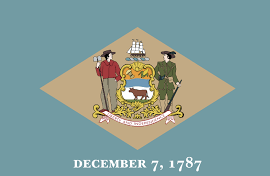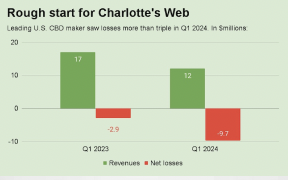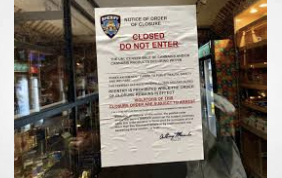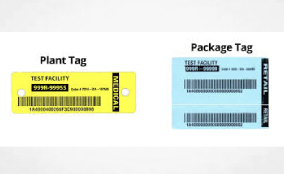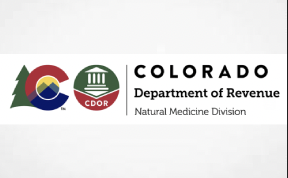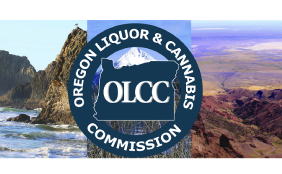ALERT
New OLCC online licensing system demonstrated for Commissioners
First phase of CAMP licensing system goes live in March
Cannabis industry representatives testify on business conditions
PORTLAND, Ore. – At its regularly scheduled meeting today, held virtually due to persistent snow and ice affecting the region, Commissioners of the Oregon Liquor and Cannabis Commission viewed a demonstration of the agency’s new online licensing system, received a business update from the cannabis industry and rendered decisions on contested cases and stipulated settlements.
The Commission received a demonstration of the agency’s Cannabis and Alcohol Management Program (CAMP) system, which provided a look at the first phase of the licensing system. Phase one, launching this spring, focuses on taking all of the existing recreational marijuana licensing process online; the current system is a mix of online and paper elements.
“Amazing job,” said Commissioner Kiauna Floyd. “This has been a long time coming.” Additional functions, including liquor licensing, which is almost entirely paper based, along with alcohol service permits, marijuana worker permits, and compliance activities will go active in CAMP in late 2024 and 2025.
“I’m really pleased with all the staff work on this,” said OLCC Executive Director Craig Prins. “This is really going to move us forward.”
The Cannabis Industry Alliance of Oregon (CIAO) provided a gloomy picture of business conditions during a presentation to on the state of the cannabis industry. Representatives from CIAO provided feedback, based on a survey of the organization’s membership, sharing concern about the number of licensees, quantity of product in the market and the struggling economic conditions of legal licensees in the industry. Additionally, CIAO expressed a desire for regulatory reform and outlined their legislative goals for the upcoming 2024 session of the Oregon legislature.
Additionally, the Oregon Department of Justice and Legislative Commission on Indian Services presented a Tribal-State Government to Government Update to Commissioners. That presentation emphasized that state agencies shouldn’t treat tribal governments like other stakeholders, but to elevate that interaction to a (state) government to (tribal) government level.
During an update on the OLCC’s new warehouse Executive Director Prins indicated that a contract with the building developer was close to being signed.
In other action, the Commission, after hearing oral arguments presented, upheld a Proposed Order issued by the Office of Administrative Hearings on a Licensing Application for SLC Eugene, LLC.
